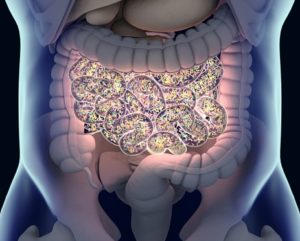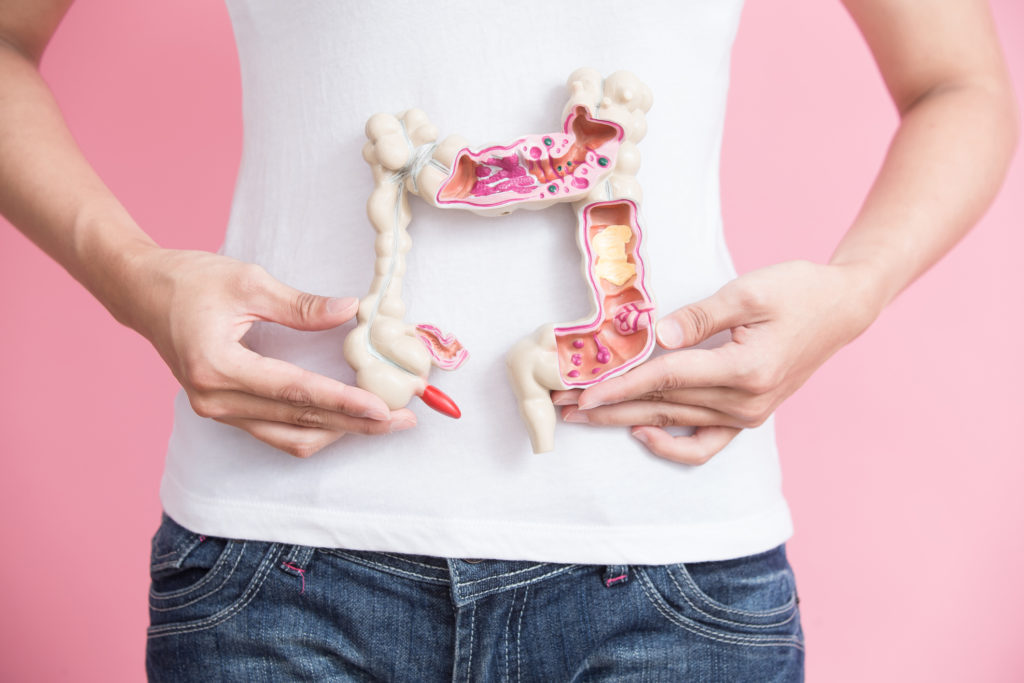Researchers investigated the alterations in the brain-gut-microbiome system (BGM) associated with different bowel habits in individuals with irritable bowel syndrome (IBS). The researchers collected fecal samples and conducted resting state functional magnetic resonance imaging (fMRI) on 102 premenopausal women, including 36 with constipation-predominant IBS (IBS-C), 27 with diarrhea-predominant IBS (IBS-D), and 39 healthy controls (HCs). They found that symptoms such as bloating and visceral sensitivity, which distinguish IBS from HCs, were associated with lower levels of beneficial microbes and disrupted connectivity involving the orbitofrontal cortex. This suggests that interactions in the gut may lead to abnormal autonomic and pain pathways in IBS. Findings also highlight potential mechanistic differences in the brain-gut-microbiome interactions underlying the variations in the IBS bowel habit phenome.
Reference: Sarnoff RP, Bhatt RR, Osadchiy V, et al. A multi-omic brain gut microbiome signature differs between IBS subjects with different bowel habits. Neuropharmacology. 2023 Mar 1;225:109381. doi: 10.1016/j.neuropharm.2022.109381. Epub 2022 Dec 17. PMID: 36539012.









